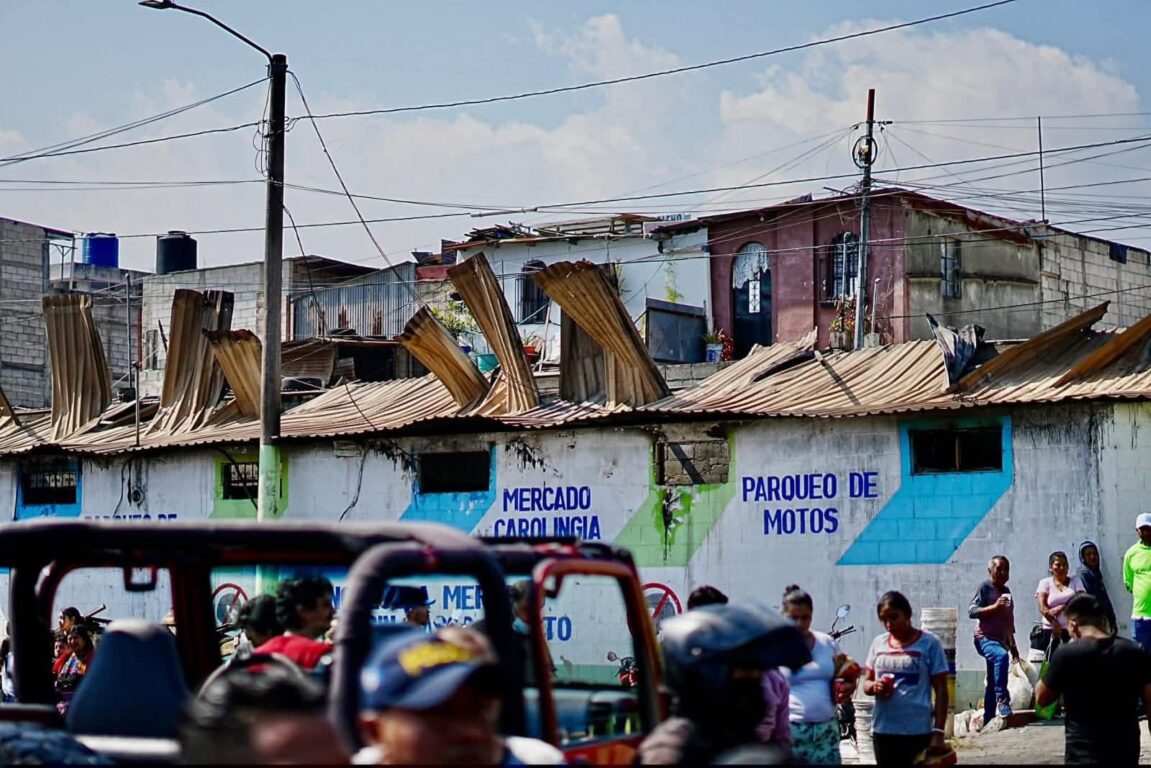http://www.theelders.org/media/news/fair-play-street-vendors
Fair Play for Street Vendors
Ela Bhatt
11 Jun 2010 | www.theElders.org
Today, more than half of the global population lives in urban areas. In developing countries, the majority of the urban population is poor and ekes out a living by working in the informal economy. For the urban working poor, limited opportunities for education and skills training make street-vending one of the few available options to gain a basic income and to feed and shelter a family.
In Africa it is estimated that 60 percent of all urban jobs are in the informal sector, with over 90 percent of all new urban jobs also being in the informal sector. Street vendors comprise the second largest share of these jobs (after home-based workers) and women account for the majority of street vendors in many countries in Africa. Most of these women work informally and have no access to social protection for themselves or their children.
Street vendors provide a valuable service to millions of poor people who cannot afford to buy from retail stores. Unfortunately, in today`s political and economic climate, street vendors do not `fit` into most modernising cities` concept of a `World Class City`.
Many modernising cities, pre-occupied with competing for `World Class City` status tend not to integrate informal workers – such as street vendors – in their urban planning and economic development strategies. This effect is even more apparent when a city hosts a large sporting event – such as the FIFA World Cup currently taking place in South Africa or the upcoming Commonwealth Games taking place in Delhi, India.
Often in their bid to `clean up` their cities for an international event, the cities` working poor suffer the most. Often informal settlements and markets are taken down to make way for new infrastructure and the people who live and work in those areas are displaced. Unfortunately for street vendors, this is the reality we see in South Africa today surrounding the FIFA World Cup.
In addition, the introduction of exclusion zones around stadiums and fan parks hosting FIFA events has disillusioned local street vendors, who had hoped that working during the World Cup would help improve the financial situation for their families. Instead, not only have they been denied the right to vend near FIFA events, but even if their stall is located within the exclusion zone or if they have traditionally sold in the zone for years, they cannot do so while official events are taking place. As a result, many vendors will actually suffer more economic hardship because of the World Cup rather than benefit from it.
I and my fellow Elder Mary Robinson have voiced our concerns regarding this situation to officials at FIFA and have offered to meet with the FIFA President to discuss a cohesive and longer term strategy. We do hope this offer will be accepted.
To find out more about street vendors and the World Class Cities for All campaign, please visit the websites of StreetNet International and Women in Informal Employment: Globalizing and Organizing (WIEGO).


